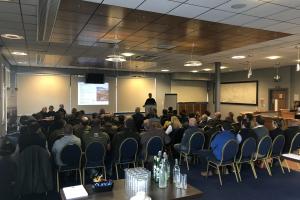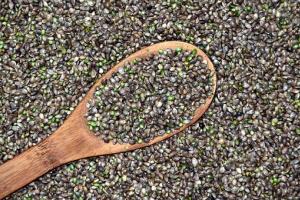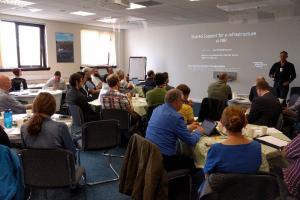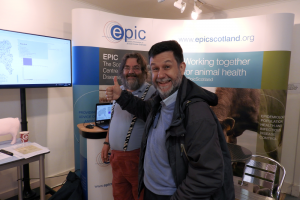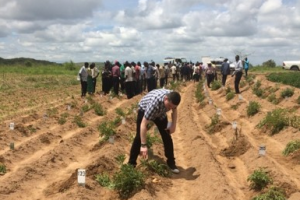Are urban community food growing projects the answer to the problem of food poverty and the seemingly ever-increasing number of food banks?
Despite national dietary guidelines, our typical diet still contains too many calories, saturated fat, salt and sugar, whilst having insufficient amounts of fibre, fruits, vegetables and fish. Advice for healthier diets proliferates, but many people may not know how to make sense of all these messages, how reliable they are and how to use them in a retail environment where food producers use sophisticated marketing strategies to promote specific (and often unhealthy) products.
Promoting more healthful food practices is a central goal for policy makers and health professionals in many high-income countries.
The threat to biodiversity is increasingly recognised as a global challenge on a par with climate change. Indeed, the two threats are linked, climate change affects biodiversity and the current Scottish Government Programme for Government notes that “biodiversity loss and the climate emergency are intimately bound together”.
In this blog, we are delighted Dr Alison Karley is able to share with us details of her recent Responsive Opportunity project, during which she visited the island of Lismore to discuss intercropping and the benefits it can have for agricultural sustainability.
The SEFARI Gateway Responsive Opportunity Fund is designed to increase the visibility of the invaluable contributions the Strategic Research Programme makes towards sustainable economic growth and improving the lives of people in Scotland and beyond.
We are delighted that in this blog Dr Beth Wells from the Moredun Research Institute discusses how her fellowship is helping with the effective use of medicated grit on Scottish grouse moors.
Facing current environmental emergencies, governments worldwide have set themselves ambitious targets to reduce greenhouse gas (GHG) emissions at national levels. Scotland is eager to make a pivotal contribution by setting a target of net-zero GHG emissions by 2045 and to reduce emissions by 75% by 2030. This calls for a holistic approach across industry, research, education, government, as well as changing individual behaviour.
High Performance Computing (HPC) is making major contributions across a wide breadth of scientific disciplines and is essential for advanced data processing for data visualization, mathematical modelling, data simulations and computational biology. HPC is also a topic we have a range of expertise in across SEFARI and is vital to our research.
In a previous blog article we described the development of the Cowtastrophy web app which was funded by the SEFARI Gateway’s Responsive Opportunity Fund. The main aim of the app is to communicate some of the key concepts which drive livestock disease control policies to a non-scientific audience. In particular, we see the app as a tool to support knowledge exchange at public events.
Finding ways to reduce and cope with the impact of climate change is vital to us all. In this blog, SEFARI researchers outline their ongoing work to find new ways to help; firstly, discussing how grasses have an important role in carbon sequestration and then outlining how a better understanding of crop genetics will enable us to cope with climate change and improve food security.





